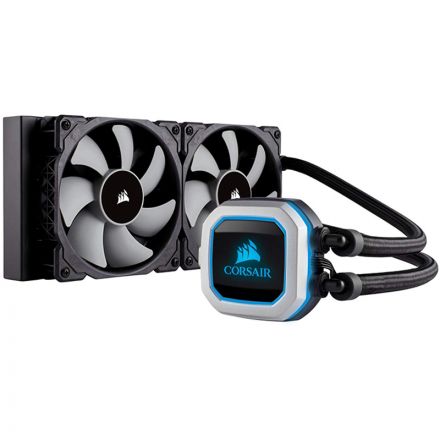This website uses cookies to ensure you get the best experience on our website. Read more


Posted: August 21, 2023
In the world of gaming, where split-second decisions and immersive environments are paramount, having a robust and high-performing computer is essential. While graphics cards and RAM often steal the spotlight, the central processing unit (CPU) is the true powerhouse behind your gaming rig's performance. Within the realm of CPUs, the concepts of cores and threads play a pivotal role in determining how well your system handles the demands of modern games. In this article, we'll delve into what CPU cores and threads are, and how they impact gaming performance.
Demystifying CPU Cores and Threads:
Before we dive into the impact on gaming, let's clarify what CPU cores and threads are.
CPU Cores: Imagine a CPU core as a miniaturized processor within the larger processor. Modern CPUs can have multiple cores, each capable of executing tasks independently. For example, a quad-core CPU contains four individual processing units that can handle tasks simultaneously. More cores often translate to better multitasking and overall system performance.
Threads: Threads are virtualized execution units within a CPU core. Each core can handle multiple threads, allowing the CPU to work on several tasks simultaneously. This technology, known as hyper-threading (Intel) or simultaneous multi-threading (SMT, AMD), effectively increases the CPU's ability to tackle tasks in parallel.
The Impact on Gaming:
Gaming places specific demands on a CPU. While gaming, the CPU has to handle tasks like physics calculations, artificial intelligence, background processes, and more. The number of cores and threads in your CPU can significantly influence how well it copes with these demands.
1. Multithreading Performance: Modern games are designed to take advantage of multiple CPU cores and threads. Titles like open-world games, strategy games, and simulations benefit greatly from CPUs with higher core and thread counts. With more cores and threads, your CPU can handle game-related calculations and background tasks concurrently, resulting in smoother gameplay and faster load times.
2. Single-Thread Performance: Despite the importance of multiple cores and threads, the performance of a single core is still crucial. Many older games and some new ones rely more on single-thread performance. This means that the speed at which a single core can execute instructions matters. Games that are not well-optimized for multicore setups can benefit more from CPUs with high single-thread performance.
3. Future-Proofing: Investing in a CPU with more cores and threads can provide a level of future-proofing. As game developers continue to optimize their titles for multithreaded CPUs, a higher core/thread count will ensure your system remains capable of handling upcoming releases.
Choosing the Right CPU:
Selecting the ideal CPU for gaming involves finding the right balance between core count, thread count, and clock speed. While high core and thread counts are beneficial, they are not the sole factors to consider. Some games favor higher single-thread performance over multiple cores. Similarly, your choice might be influenced by your budget, as CPUs with more cores and threads can be pricier.
Conclusion:
In the ever-evolving landscape of PC gaming, understanding CPU cores and threads is vital for optimizing your gaming rig's performance. The combination of multiple cores and threads can enhance your system's ability to handle modern games' complex demands. However, don't neglect the importance of single-thread performance, as it plays a crucial role in games that haven't fully embraced multicore setups.
Ultimately, when choosing a CPU for gaming, it's important to consider the types of games you enjoy, your budget, and your overall computing needs. By striking the right balance between core count, thread count, and clock speed, you'll be well-equipped to enjoy a seamless and immersive gaming experience for years to come.














